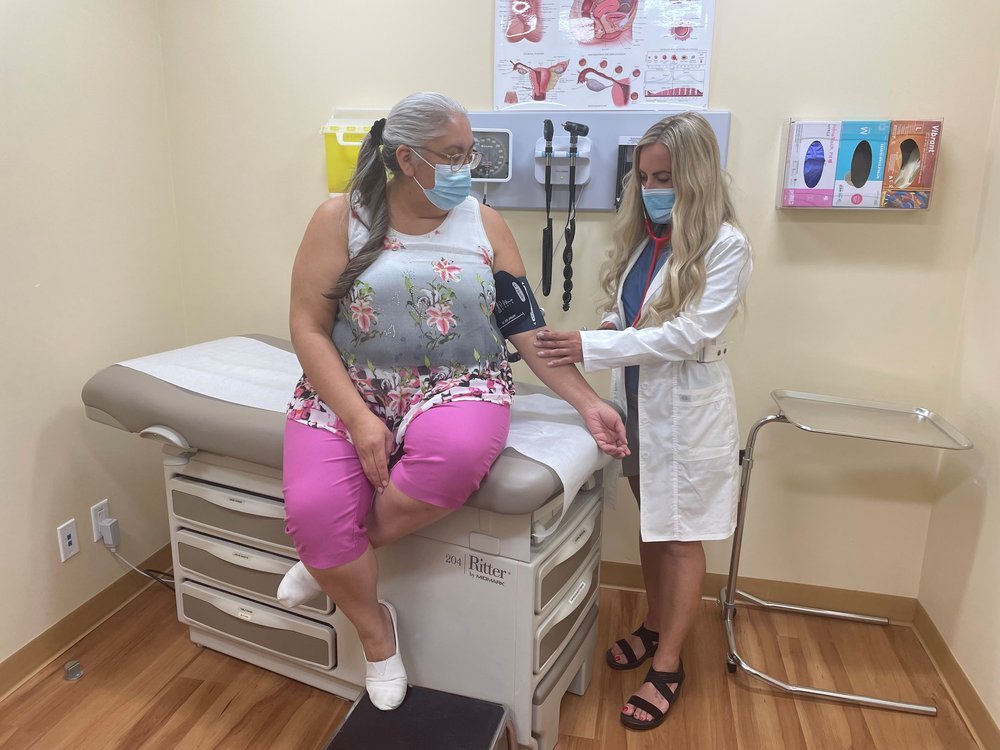Angela de Varennes: Healing Others While Healing Herself
Angela de Varennes: Healing Others While Healing Herself
Part One | Trigger Warning: Domestic Violence
Some stories are too incredible to tell all at once. 2022 Catherine Dianne Davidson Memorial Scholarship recipient Angela de Varennes’ is one of them. This is part one of a two-part series.
Starting her career in healthcare at the age of 18, Angela fell in love with nursing and supporting patients during both their best and their darkest moments.
But little did she know the dark and challenging moments she would personally experience during her nursing journey.
While enrolled in a Master of Nursing program and working towards becoming a Registered Nurse (RN), Angela fled an abusive relationship with nothing but her two small children.
“Leaving is the easiest part, it’s the rest that’s hard. You need to be prepared to have nothing. It’s scary financially, it’s scary for safety. I was exhausted and broke, for a long time,” she said.
During this time, Angela worked night shifts so her parents could assist with childcare while her children slept. Her only sleep was on a stretcher at the hospital for a few hours before the start of her shift.
“Being a single parent of two young children with the responsibility of facilitating our healing from trauma only inspired me more to continue to increase my capacity to serve others and benefit my family,” she said.
Armed with courage and passion, she knew she couldn’t give up on her degree. With the support of her family and the community around her, Angela grew stronger and eventually completed her Master of Nursing degree from Athabasca University.
Continuing Her Learning Journey
Rooted in her own experiences, Angela’s research and clinical practice focus on serving marginalized populations.
“Indigenous and other persons of colour, low income and underemployed, persons experiencing houselessness, addictions and/or mental health issues, face health challenges that desperately call for social change and advocacy work aimed at improving our current health policies,” she explained.
Knowing she needed to try and make a difference, Angela began her career as a medical team lead at Bigstone Cree Nation Health Commission and spent much of her free time volunteering with the Hope Mission of Edmonton, the Period Purse, and Free the Girls.
However, despite all her involvement, she was still left feeling like there was more she could do. In January 2022, Angela began a Ph.D. program at the University of Nevada Las Vegas (UNLV).
“UNLV's emphasis on diversity and inclusivity as well as Nevada's high population of Indigenous communities is what captivated my attention to pursue research and Ph.D. designation as an international student,” she explained.
While interconnected and rooted in personal experience, Angela is working to shine a light on the numerous healthcare inequities Indigenous peoples and other marginalized populations in Canada face.
And, just six months into her Ph.D. program, she has already begun exploring the experiences of nurses as professionals and domestic violence survivors/ victims and has made some thought-provoking observations.
Learn more about Angela’s journey in part two, coming soon…

